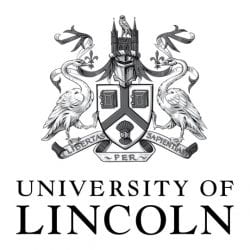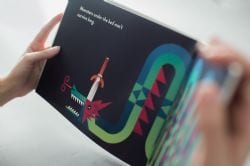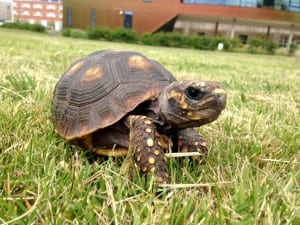
The support offered by caddies can help elite golfers stay ‘in the zone’ even under the pressure of major championships, new research has revealed.
The study by sport psychology researchers at the University of Lincoln, Leeds Beckett University, and St Mary’s University in the UK, and University of Canberra in Australia, found that as well as carrying the player’s bag, caddies can help their players perform at their peak – achieving so-called ‘flow states’ – by offering vital psychological support and encouragement throughout the round.
The findings, published in the Elsevier journal Psychology of Sport and Exercise, could lead to new ways of studying and understanding flow states within golf and sport more generally.
Flow, often referred to as being ‘in the zone’, is the mental state athletes reach when they are fully immersed in their discipline and feel in control of what they are doing, even in the most personally challenging situations. Importantly, athletes in flow often perform at the peak of their abilities, meaning that golfers who win major tournaments are more likely to have been in this ‘zone’.
The study indicated that caddies influenced golfers’ flow states by helping their player select targets, maintain concentration and avoid distractions, and preserve confidence after setbacks such as missed putts. They also provided positive feedback after shots, reinforced the player’s decision making, and were able to help the golfers relax under pressure which is especially important in major championships.
By helping golfers get into this coveted state of flow, and then stay in this ‘zone’ even longer, the caddie’s contribution could help their player perform at their peak when it matters most.
Lead researcher Dr Christian Swann, from the School of Sport and Exercise Science at the University of Lincoln, said: “The key finding was how much of an important role caddies can play when golfers experience flow. Previous research identified factors which are believed to help athletes get into the zone, and this study moved a step beyond that by exploring the specific ways in which golfers’ flow states are influenced by such factors, including the caddie.
“As players often describe these experiences when they win tournaments, understanding how and why flow happens is very important for coaches and sport psychologists. These findings could also be important for optimising the golfer-caddie partnership to be most effective on the course.
“For example, one golfer in the study described a particularly clear example of flow while he was in contention to win The Open. He remembered holing a long putt in the middle of the round which gave him the lead. Afterwards he said to his caddie, ‘Make sure you don’t stop talking to me from now on. Don’t leave me, and don’t talk about golf.’
“Interestingly, the caddie’s role in this case was to keep the player’s mind away from analytical thoughts of winning which are known to disrupt flow. Instead, by focusing on topics other than golf, they were able to take each shot at a time and perform more on autopilot – prolonging the experience of being in the zone under pressure.”
The study was conducted with 10 European Tour golfers including The Open players, and European Tour, Challenge Tour and Senior Tour winners.
Reference: Christian Swann, David Piggott, Lee Crust, Richard Keegan & Brian Hemmings. (2015). Exploring the interactions underlying flow states: A connecting analysis of flow occurrence in European Tour golfers. Psychology of Sport and Exercise, 16, 60-69. DOI: 10.1016/j.psychsport.2014.09.007
Article written by Ian Richard, PR Manager










